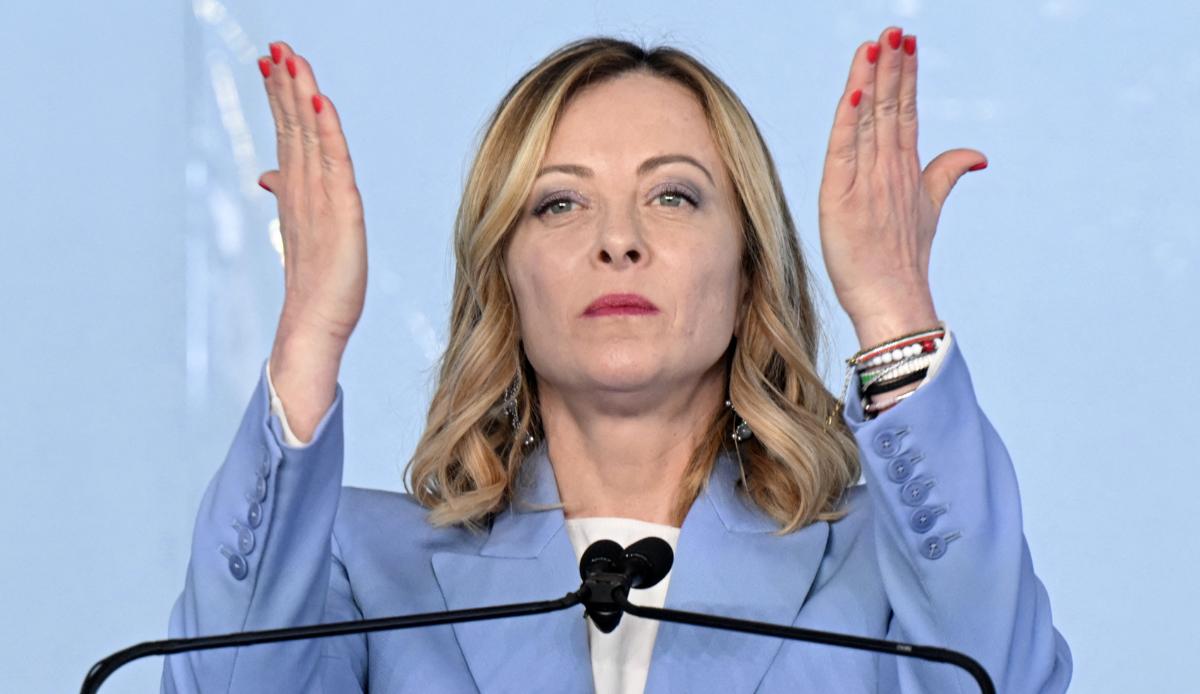
Italian Prime Minister Giorgia Meloni, leader of the far-right Brothers of Italy party, declared her intention to run in the upcoming European Parliament elections during a party event held in Pescara on Sunday. Despite the potential necessity to resign immediately from her current position, Meloni's decision is seen as a strategic move to bolster her party's influence at the EU level. The Brothers of Italy party, rooted in neo-Fascist ideology, clinched victory in Italy's 2022 general election with 26 percent of the vote, maintaining similar polling levels ahead of the European elections scheduled from June 6-9. With Meloni leading the list of candidates, the party aims to leverage its national popularity to secure a stronger presence in the European Parliament, despite EU regulations mandating the resignation of any winner holding a ministerial position. During her impassioned address at the event, Meloni highlighted her coalition government's accomplishments over the past one-and-a-half years, emphasizing efforts to address issues ranging from illegal immigration to the protection of traditional values. She articulated her vision of uniting Europe's conservatives and effecting change in European politics, presenting herself as the leader capable of achieving this goal. Experts view Meloni's candidacy as a strategic maneuver aimed at garnering additional votes for her party. Wolfango Piccoli, head of research at Teneo Intelligence, characterized the move as a "pragmatic, shameless electoral calculation," predicting a potential two to three percent increase in Brothers of Italy's support with Meloni at the helm. While Meloni's decision aligns with EU regulations, critics argue that such tactics prioritize electoral gains over genuine representation. Daniele Albertazzi, a professor of politics at the University of Surrey, noted that Italian leaders often pursue European Parliament seats solely to bolster their domestic political standing. The European Parliament elections in Italy do not permit party alliances, placing Brothers of Italy in direct competition with coalition partners Lega and Forza Italia. Despite polling below Meloni's party, these parties continue to vie for support among Italian voters. Meloni's ascent to prominence has been marked by staunch criticism of the European Union and progressive policies, resonating with voters through her unapologetic rhetoric. Her call for voters to simply write "Giorgia" on their ballots underscores her populist appeal and attempts to portray herself as an ordinary citizen advocating for their interests.